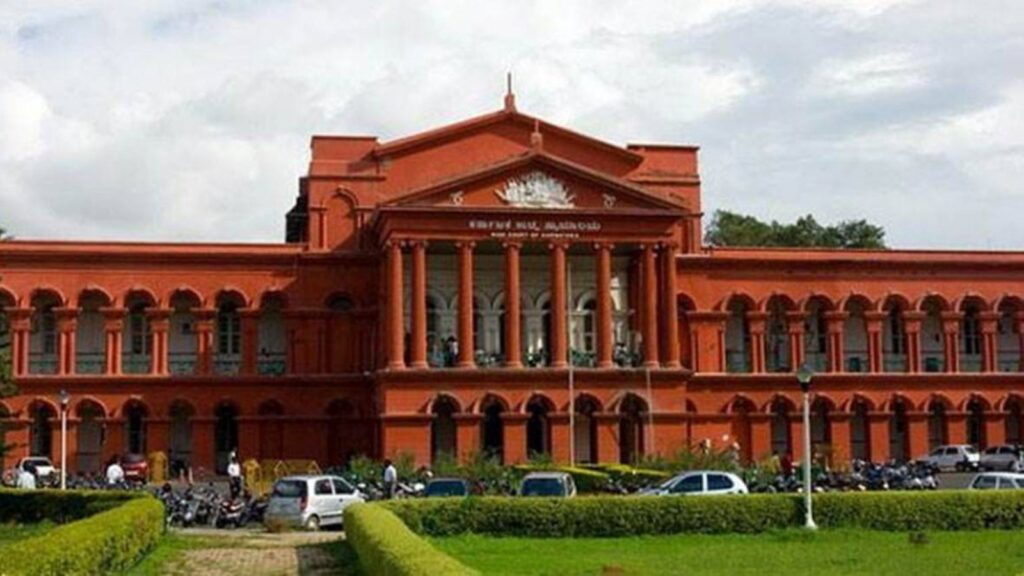The Karnataka High Court on August 22 ruled that merely because a convict was awarded a life sentence, it would not prevent them from obtaining remission unless it was specifically prohibited during the sentencing process. Remission, as opposed to parole or furlough, amounts to a reduction of a sentence.
The petitioner in the case approached the high court with regard to three prisoners, including her husband, who were serving a life sentence (i.e, 21 years). The Government had rejected an application for remission for them on the grounds that it is not a matter of right under the Karnataka Prisons and Correctional Services Manual.
Counsel representing the state argued that remission was under the absolute discretion of the relevant authorities because it is not a matter of right. Further, since it was a sentence of 21 years, remission would not be applicable in this case, the counsel argued.
A bench of Justice Suraj Govindaraj, however, did not agree with this contention. “…merely because there is a sentence of 21 years, it cannot be said that detenue will not be entitled for remission due to the sentence being for a fixed period in excess of 20 years….unless the sentence awarded makes it clear that the detune shall not be entitled for premature release or remission or parole or the like,” the bench held.
The bench explained, “The remission system aims at the reformation of prisoner and remission is held out as a carrot to a prisoner to behave properly so that he may be released earlier…the State would have to comply with the said promise which has been held out and if the detenus/prisoner were to behave in a proper disciplined manner with good conduct, the time incarcerated would have to taken into consideration for the purpose of calculation of remission.”
The court therefore ordered the state to reconsider the remission application without being influenced by the previous order that had denied the relief to the three convicts.

